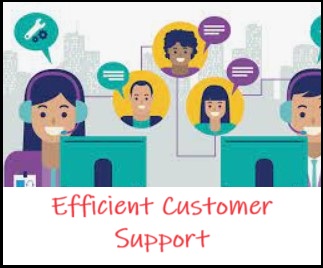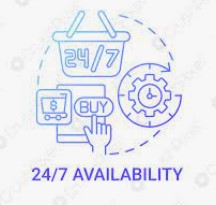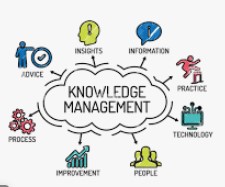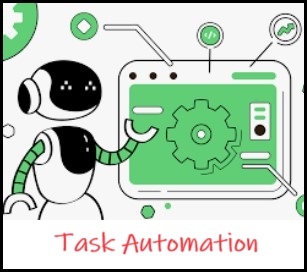Quick Links
How can businesses use ChatGPT to benefit their employees?
Friends, today i will tell you here How Can Businesses Utilize ChatGPT to Benefit Their Employees? for this you have read this article till the end. So lets starts In today’s digital age, businesses are constantly looking for new ways to streamline their operations and increase the productivity of their employees. One such solution that has gained popularity in recent years is ChatGPT, a powerful language model developed by OpenAI. ChatGPT uses artificial intelligence to generate human-like responses and provide valuable assistance to users. In this blog post, we’ll explore how businesses can leverage ChatGPT to benefit their employees and address some commonly asked questions about its implementationa and today i will tell you here How Can Businesses Utilize ChatGPT to Benefit Their Employees.
Efficient Customer Support:
By integrating ChatGPT into their customer support systems, businesses can increase their response time and efficiency. Employees can rely on ChatGPT to handle recurring or general customer inquiries, allowing support staff to focus on more complex issues that require human intervention. This not only improves customer satisfaction but also ensures that employees can focus on high-value tasks.

ChatGPT 24/7 Availability
With ChatGPT, businesses can provide customer support around the clock without significant costs. Employees can use the tool to manage customer queries and provide quick responses even during non-working hours. This continuous availability helps businesses meet the demands of today’s global and fast-paced marketplace, while also relieving employees from working late shifts.

Training and Onboarding
ChatGPT can be a valuable resource for new employees during their training and onboarding process. Employees can ask questions and get immediate answers, reducing their reliance on training manuals and accelerating their learning process. Additionally, ChatGPT can provide consistent and standardized information across different training sessions, ensuring all employees receive the same level of guidance.

Knowledge Management
As a business grows, it becomes challenging to effectively manage and disseminate knowledge. By using ChatGPT as a knowledge management tool, companies can centralize documentation and information resources. Employees can instantly access relevant information by interacting with ChatGPT, reducing the time spent locating files or searching through cumbersome databases.

Task Automation
ChatGPT can automate repetitive tasks, freeing up employees to focus on more strategic and creative tasks. For example, routine administrative tasks, such as data entry or appointment scheduling, can be assigned to ChatGPT. By offloading these mundane tasks, employees can devote their time and expertise to higher-value projects that contribute to company growth.

Ultimately, ChatGPT can be an invaluable asset to businesses that want to scale up their operations and improve the productivity of their employees. By leveraging ChatGPT for customer support, training, knowledge management, and task automation, companies can streamline processes, provide better service, and create a more engaging work environment for their employees.
FAQs
While ChatGPT is a powerful tool, it is important to note that it should be used to enhance human capabilities, not completely replace them. ChatGPT is excellent at handling routine and repetitive tasks, but it may not have the same empathy, critical thinking and nuanced decision-making abilities as humans.
Adoption of ChatGPT may require some adjustment from employees. To facilitate a smooth transition, businesses should provide comprehensive training and guidance on how to use ChatGPT effectively. Employees should be encouraged to provide feedback and report any concerns or issues they encounter while using the tool.
Data security should be a top priority when using any AI-powered tool. Businesses should ensure that appropriate measures are taken to protect sensitive customer information and company data. This includes data encryption, access controls, and regular audits to identify and mitigate potential vulnerabilities. It is important to work closely with AI developers and follow industry best practices to maintain data integrity and security.
PM Modi Whatsapp Group Link कैसे ज्वाइन करें